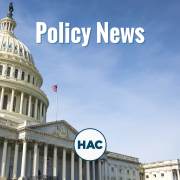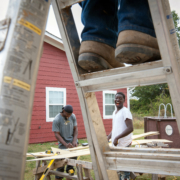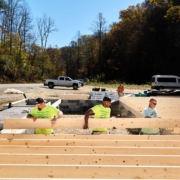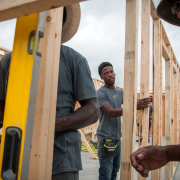The Housing Assistance Council (HAC) is concerned by the Supreme Court’s decision ending the national eviction moratorium. Without federal protection, hundreds of thousands of families now face the threat of eviction. Across America, many of these families will lose their homes.
“This pandemic and the unprecedented job loss it caused have exacerbated the housing challenges that rural communities have faced for a long time,” stated HAC CEO David Lipsetz. Millions of tenants, homeowners, and landlords across the country have fallen behind on rent and mortgage payments. Rural residents including Native Americans and farmworkers are among the Americans hardest hit by the pandemic and its housing impacts.
The end of the eviction moratorium is particularly troubling because housing loss poses serious dangers for renters’ health, as well as their finances. Eviction increases the risk of COVID-19 transmission and falls hardest on people of color, who are most likely to be evicted. Plus, renters with eviction records find it much harder to rent decent housing in the future since landlords often screen applicants with prior evictions.
Assistance to help cover rent, utilities, mortgages, and other costs is available from the federal government, states, and county or city governments. HAC has compiled links to resources for tenants, homeowners, and landlords on our website: ruralhome.org.
HAC works to ensure that everyone has a safe, decent, and affordable place to call home. We will continue to serve rural communities with dedication and compassion, just as we have for the last 50 years.






